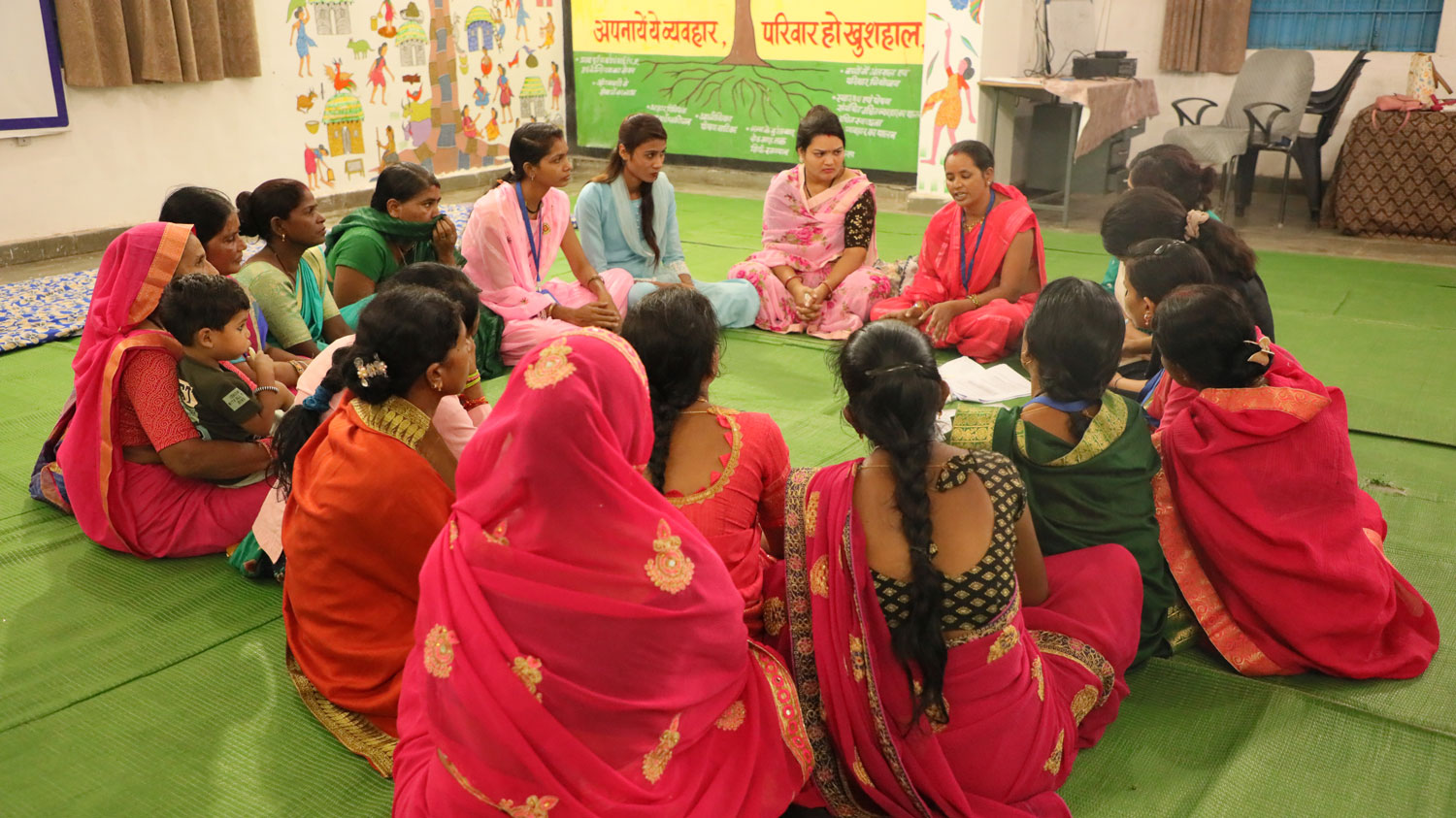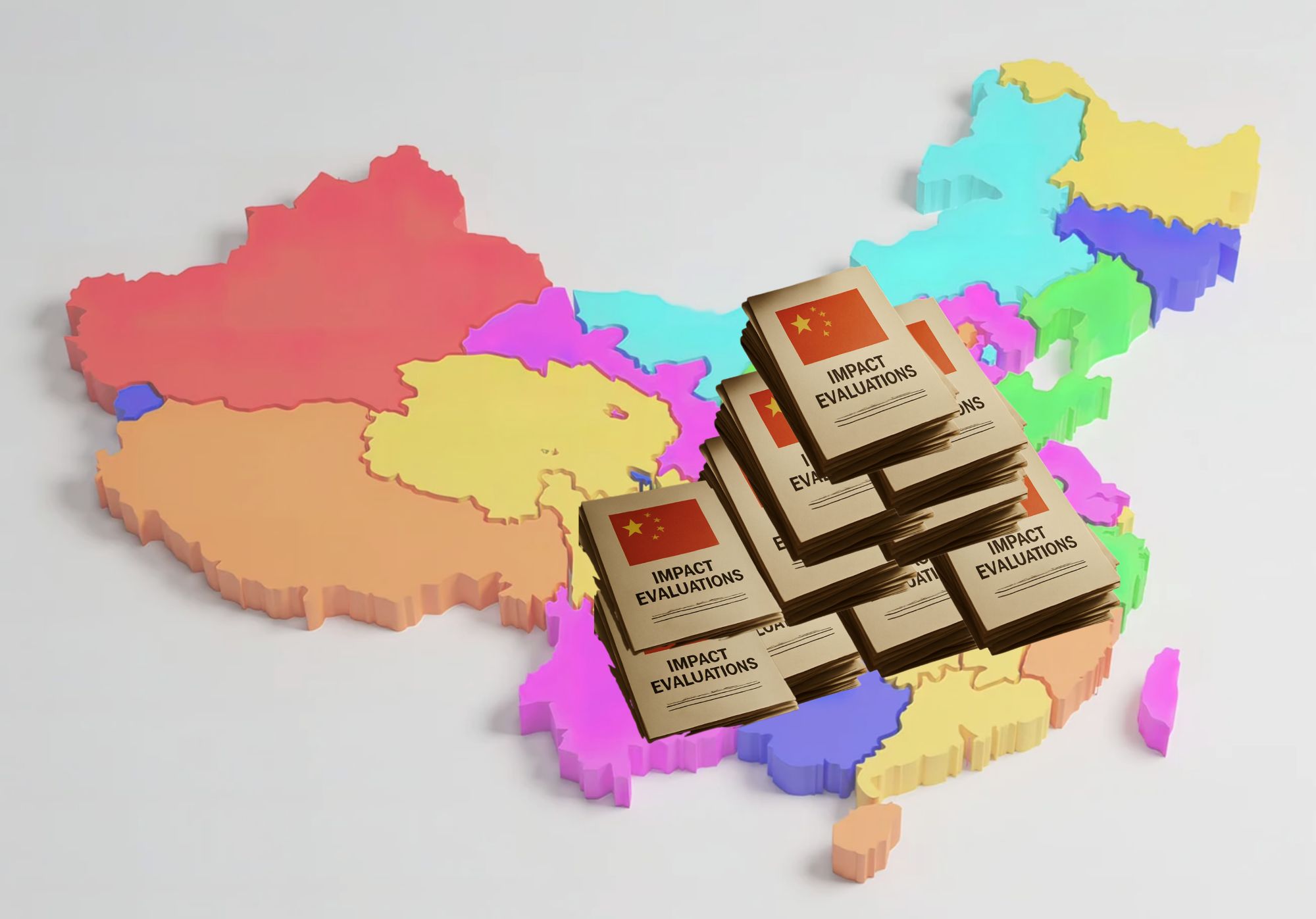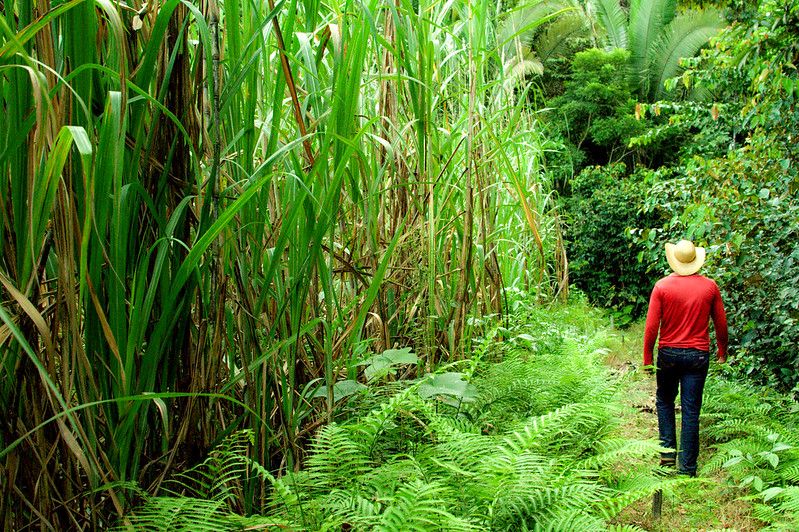Aquaculture is an important economic and development sector given the potential productivity and nutrition benefits it can bring to fish farmers, communities, and women. Although aquaculture production has seen increased growth in the last decades, the evidence around the impact of these activities on the welfare and health of those involved in the aquaculture value chain remain scarce.
With the aim to inform funding and policy decision-making in the sector, last October, 3ie outlined plans to conduct a systematic review examining the impact of aquaculture interventions on productivity, income, nutrition and women’s empowerment in low- and middle-income countries (L&MICs).
Three months later, we have searched for and screened over 11,000 records. We are now at the stage where we can synthesise the results of the evidence we have found. However, before this begins we need your help: if you know of any studies, published or unpublished, that evaluate aquaculture interventions, do nominate these papers and supplement our search.
The importance of aquaculture
According to the World Bank, by 2030 about 60 per cent of fish destined for human consumption will have been produced through aquaculture. Alongside its growing importance for human diets, aquaculture also holds the potential to contribute to several Sustainable Development Goals (SDGs).
An increase in aquaculture production can help combat hunger and malnutrition through the increase in availability of fish and other aquaculture products, and the sale of these goods can contribute to reducing poverty. By empowering women throughout the aquaculture value chain, interventions in this sector can combat gender inequality, and the promotion of sustainable aquaculture practices contributes to the sustainable use of water and the world’s oceans, seas and marine resources.
With the support of the Bill & Melinda Gates Foundation, 3ie’s aquaculture project is systematically reviewing the available evidence on the impacts of aquaculture interventions. We are also evaluating the WorldFish programme in Bangladesh.
The search so far
So far, we have systematically searched academic databases and grey literature. This search has helped us identify 23 impact evaluations covering 12 different programmes to include in our review.
Based upon our search results thus far, two things have become apparent. First, there is a lack of interventions with a specific focus on women’s empowerment. Though many interventions state that they aim to increase participation of women, there are few studies which report either outcomes related to women’s empowerment, or gender disaggregated results. This shortage of evidence with a gender lens would also be in line with related synthesis work conducted by 3ie, namely the recently launched evidence gap map on food systems.
Second, Bangladesh is the location for a large proportion of the interventions we found. While we did find a few evaluations from other countries, Bangladesh seems to be the focus of the most rigorous evaluations, in terms of the research methods used to estimate the impact of aquaculture programmes.
We would appreciate your help to ensure we are not overlooking aquaculture projects in other countries that study productivity, income, nutrition or women’s empowerment outcomes.
Below you can find a list of programmes of which we have identified impact evaluations to include in our review. If you know of any evaluations for programmes not included below, or any unpublished work related to these programmes, please share them with us.
- Adivasi Fisheries Project - Bangladesh
- Community-Based Fish Culture in Seasonal Floodplains and Irrigation Systems - Bangladesh
- Development of Sustainable Aquaculture Project (DSAP) - Bangladesh
- Economic Stimulus Programme - Kenya
- Fadama II - Nigeria
- Fadama III - Nigeria
- Fish on Farms Project - Cambodia
- Greater Noakhali Aquaculture Extension Project (GNAEP) – Bangladesh
- Mymensingh Aquaculture Extension Project (MAEP) - Bangladesh
- NGO Banchte Shekha - Bangladesh (Unnamed programme)
- Sustainable Agriculture, Food Security and Linkages Project (SAFAL) - Bangladesh
- WorldFish Integrated Aquaculture-Agriculture Dissemination - Malawi
If you know of a potentially relevant study which may help us in our analysis please contact Cem Yavuz (cyavuz@3ieimpact.org). We will be accepting study suggestions until 27 January, 2021.









Talk to the farmers in Nigeria.it will enrich your studies.